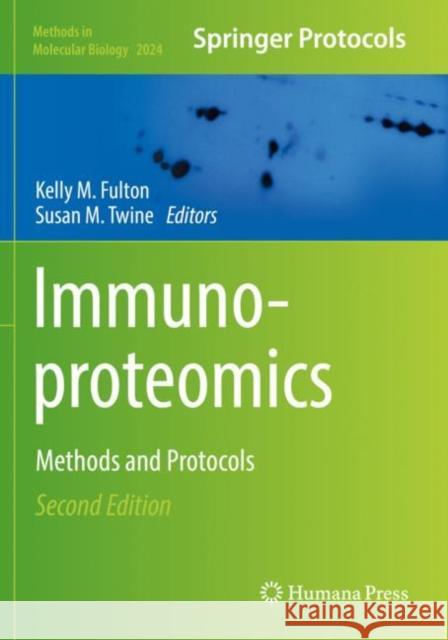Immunoproteomics: Methods and Protocols » książka
topmenu
Immunoproteomics: Methods and Protocols
ISBN-13: 9781493995998 / Angielski / Miękka / 2020 / 380 str.
Immunoproteomics: Methods and Protocols
ISBN-13: 9781493995998 / Angielski / Miękka / 2020 / 380 str.
cena 523,30
(netto: 498,38 VAT: 5%)
Najniższa cena z 30 dni: 501,19
(netto: 498,38 VAT: 5%)
Najniższa cena z 30 dni: 501,19
Termin realizacji zamówienia:
ok. 16-18 dni roboczych.
ok. 16-18 dni roboczych.
Darmowa dostawa!
Kategorie BISAC:
Wydawca:
Humana
Seria wydawnicza:
Język:
Angielski
ISBN-13:
9781493995998
Rok wydania:
2020
Wydanie:
2019
Numer serii:
000014950
Ilość stron:
380
Oprawa:
Miękka
Wolumenów:
01











